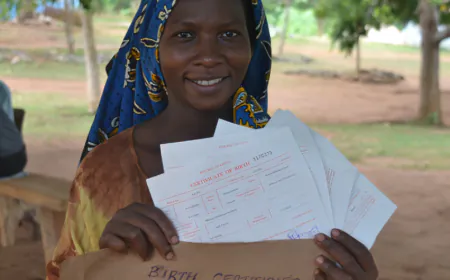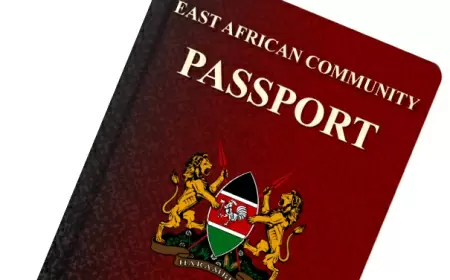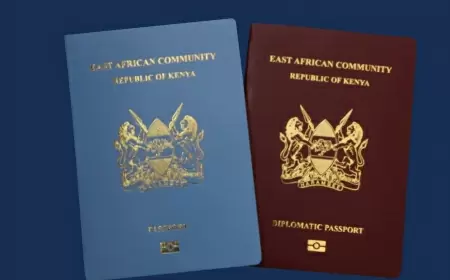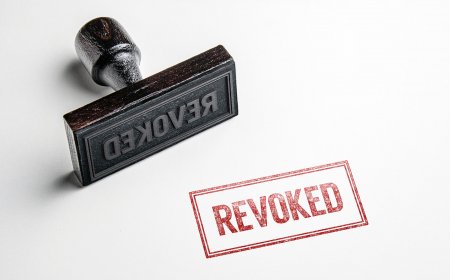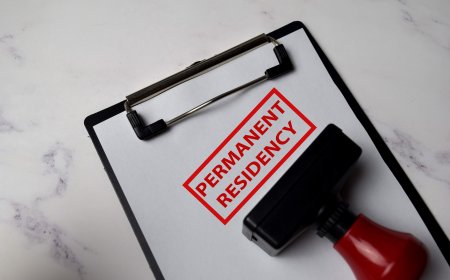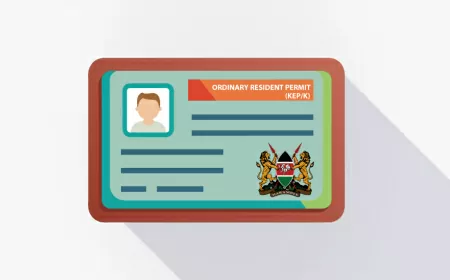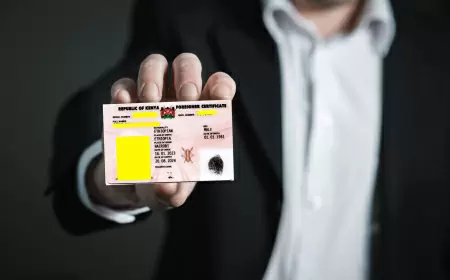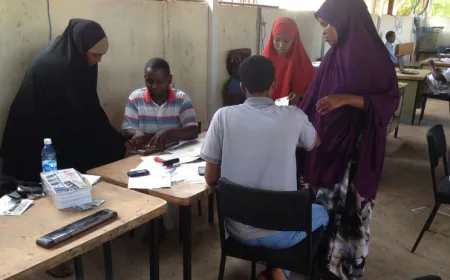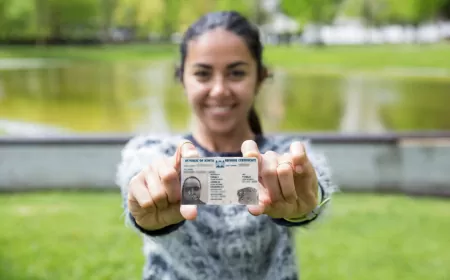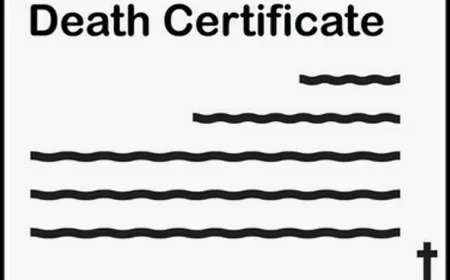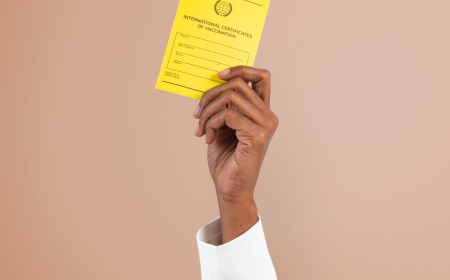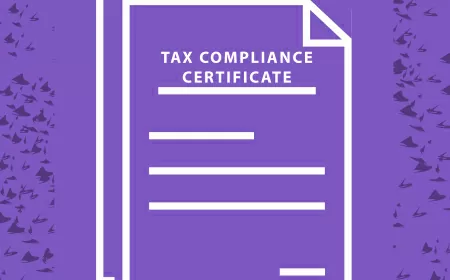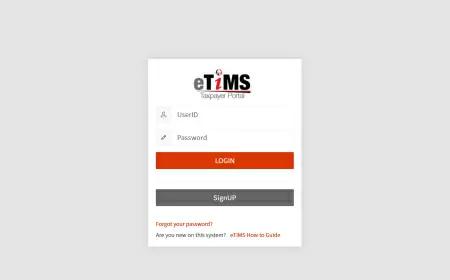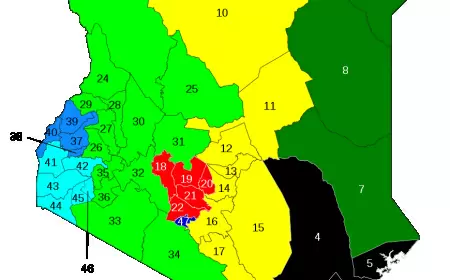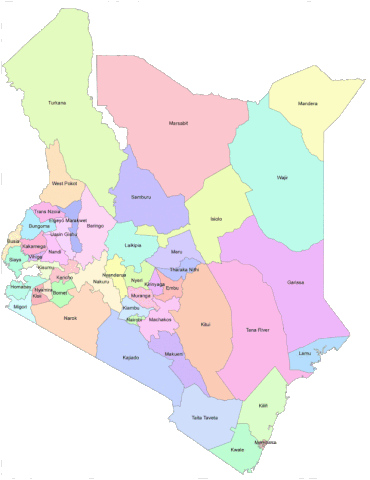Deed Poll Kenya: Changing Your Name with a Deed Poll
Learn how to change your name in Kenya using a deed poll. A deed poll is a legal document used to formally change one's name. This guide simplifies the process, ensuring you understand the requirements and steps involved.
1. What Is a Deed Poll for Name Changes in Kenya

A deed poll is a legal document that allows a person to officially change their name. It declares the applicant’s intention to abandon their former name and adopt a new one.
This process enables the alteration, removal, or rearrangement of first, middle, or last names for various reasons. It serves as documentary evidence that you have changed your name and legally commit to using your new name.
2. Legal Requirements for Changing Your Name by Deed Poll in Kenya
To change your name by Deed Poll, you must be at least 18 years old and a Kenyan citizen. If you are under 18, one of your parents can apply for a Deed Poll on your behalf, provided anyone else with parental responsibility consents to the name change.
There are additional legal requirements based on individual circumstances.
- Married women: They need to present a marriage certificate or proof of marriage along with their husband's written consent.
- Widows: They must provide both the marriage certificate and their spouse's death certificate.
- Divorcees: They are required to submit a marriage certificate and the decree absolute of divorce.
- Children under 16: A parent or legal guardian must sign the Deed Poll and those over 16 need to give their own consent .
3. Essential Documents Required for Name Change by Deed Poll
This includes providing certified true copies of essential documents such as your ID card, birth certificate, passport, and KRA Pin.
The process starts with gathering the following documents:
- A letter from the local area chief confirming your identity and residence.
- A fingerprint printout obtained from the Registrar of Persons and certified by the National Registration Bureau.
- A deed poll prescribed as Form 1 under the Registration of Documents Regulations, commissioned by a commissioner for oaths.
- The applicant’s birth certificate or baptism certificate.
- An Affidavit sworn by a Kenyan resident who has known the applicant for at least 10 years.
- Two passport-sized photos.
- Parents’ identity cards
- Marriage certificate, if applicable.
- Divorce decree absolute, if applicable.
4. The Process of Changing Your Name with a Deed Poll in Kenya
You may consult your lawyer or an advocate. The preparation and registration of a Deed Poll in Kenya involve several steps, including:
- Drafting the Deed Poll and affidavits
- Preparing the statutory declarations
- Signing and commissioning
- Obtaining a Certificate of Advocate, if applicable
- Registering it as a document
- Gazettement
It is highly recommended to engage an advocate to guide you through the process, especially in drafting the legal documents and ensuring all requirements are met.
5. Government Gazettement: Is it necessary to notify agencies after changing your name by deed poll?
To legally change your name in Kenya, you must register the deed poll and have it advertised in the Kenya Gazette. A gazette notice also allows for any objections that might arise.
6. Can Minors Change Their Names by Deed Poll?
A child's name in Kenya can only be changed within two years of birth. After this period, you can add names but cannot remove any from the birth register.
Children aged 2 to 16 require a deed poll for a complete name change or removal. The deed poll must be signed by a parent or legal guardian and published in the Kenya Gazette explaining the reason for the change. This also applies when they reach the age of majority (18 years).
7. How Long Does Deed Poll Application Processing Take in Kenya?
The process of handling a Deed Poll application In Kenya, from the initial application stage to its publication in the gazette and final registration typically takes about three months on average.
8. Update Your Identification Documents After Deed Poll
Updating identification documents like ID cards, passports, educational and professional certificates, KRA PIN certificates, driver's licenses, and title deeds to reflect the new name is also important.
9. Restrictions on Legally Changing Your Name
When considering a name change, there are specific restrictions to be aware of. The Registrar may reject a proposed name for several reasons:
- If the chosen name is vulgar or offensive.
- If it includes numbers, symbols, or punctuation marks.
- If the name is challenging to pronounce.
- If it promotes criminal activities, racial or religious hatred, or the use of controlled substances.
- If it mocks a person, groups, government departments, companies, or organizations.
- If it implies an inherited title or honor—such as adopting titles like Sir, Lord, Lady, Prince, or Princess as part of a first name.
10. Conclusion
In conclusion, navigating the application process can be complex, and it is important to consult legal assistance from an advocate or a professional. They can offer valuable guidance on the requirements and ensure your application is completed accurately and efficiently.
Was this information helpful ?
 Like
0
Like
0
 Dislike
0
Dislike
0
 Love
0
Love
0
 Funny
0
Funny
0
 Angry
0
Angry
0
 Sad
0
Sad
0
 Wow
0
Wow
0


